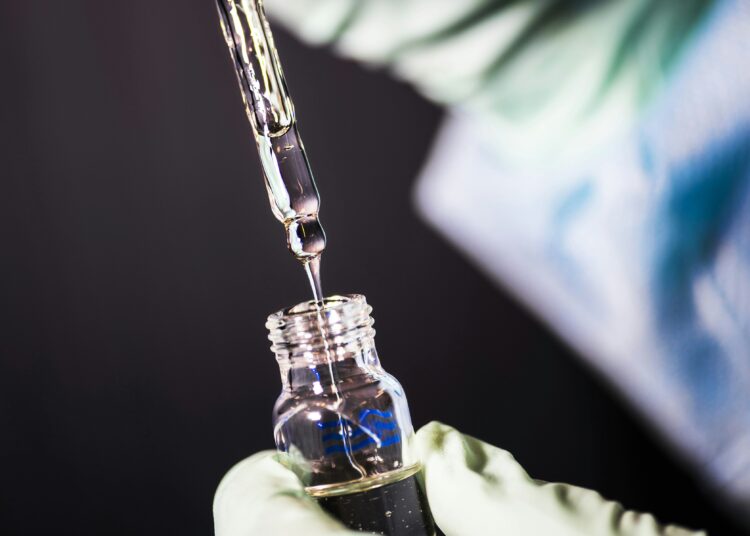Evariste, a frontrunner in AI-powered drug discovery, has announced an ambitious collaboration with the University of Southampton to advance research in oesophageal adenocarcinoma (OAC), a particularly challenging form of cancer. The synergy between Evariste’s AI-driven platform, Frobenius, and Southampton’s preeminent cancer research expertise promises to yield significant progress in the fight against OAC.
Frobenius: A Revolution in Drug Discovery Frobenius, Evariste’s proprietary AI-powered platform, has been specifically designed to accelerate the drug discovery process. This advanced platform integrates multi-modal data and employs sophisticated machine learning algorithms to identify novel therapeutic targets and biomarkers. In addition, Frobenius excels in synthetic lethal targeting, a cutting-edge approach that pinpoints cancer vulnerabilities by identifying critical gene interactions. By leveraging these unique capabilities, Frobenius has the potential to revolutionize the development of targeted cancer therapies.
Significance of the Collaboration The partnership with the University of Southampton capitalizes on the institution’s renowned expertise in cancer research. Southampton’s School of Cancer Sciences is known for its innovative immunotherapeutic antibodies, cancer vaccines, and trailblazing clinical trial designs. This collaboration will generate a comprehensive transcriptomic dataset for OAC, providing an unprecedented view of gene activity within cancer cells. Such data is crucial for understanding the mechanisms driving OAC and for identifying potential therapeutic strategies.
“We are really struggling to make meaningful breakthroughs for patients with esophageal cancer,” remarked Professor Tim Underwood, a Consultant Surgeon and Professor of Gastrointestinal Surgery at the University of Southampton. “Data like this might just unlock the next generation of targets for treatment.”
Professor Underwood’s sentiment underscores the urgency and potential impact of this collaboration. As OAC has resisted conventional treatment approaches, innovative data analysis and a deeper understanding of gene expression patterns are essential for developing new and effective therapies.
High-Quality Genetic Data in Precision Oncology The CEO of Evariste, Anna Hercot, emphasized the importance of the partnership: “High-quality genetic data linked to clinical outcomes is essential for identifying the next generation of precision oncology therapeutics. This collaboration with the outstanding team at Southampton will help accelerate the delivery of medicines to OAC patients, who currently have very few targeted treatment options.”
Anna Hercot’s statement highlights the pivotal role of comprehensive genetic datasets in precision medicine. By linking this valuable data to clinical outcomes, researchers can pinpoint anomalies in gene expression and identify patterns that drive cancer progression. These insights pave the way for innovative therapeutic strategies, offering new hope for patients facing limited options.
A Path Forward with Advanced Epigenomics Dr. Zoë Walters, an Associate Professor in Translational Epigenomics at Southampton and a member of Evariste’s Scientific Advisory Board, added valuable insights into the collaborative effort. “Historical strategies have focused on the perceived low-hanging fruit in leveraging cancer mutations as potential therapeutic strategies. However, these have yielded very little in terms of new therapeutic strategies in the context of esophageal cancer. This collaboration will utilize our extensive transcriptomic dataset to identify new targets for therapy and ultimately novel potential therapeutic strategies for these patients.”
Dr. Walters’ expertise in epigenomics aligns perfectly with the goals of this collaboration, as it seeks to utilize rigorous data analysis to uncover actionable targets for cancer treatment. The comprehensive transcriptomic data, which records the RNA produced by genes, will be instrumental in identifying new therapeutic avenues, particularly in cancers that have proven resistant to traditional treatments.








